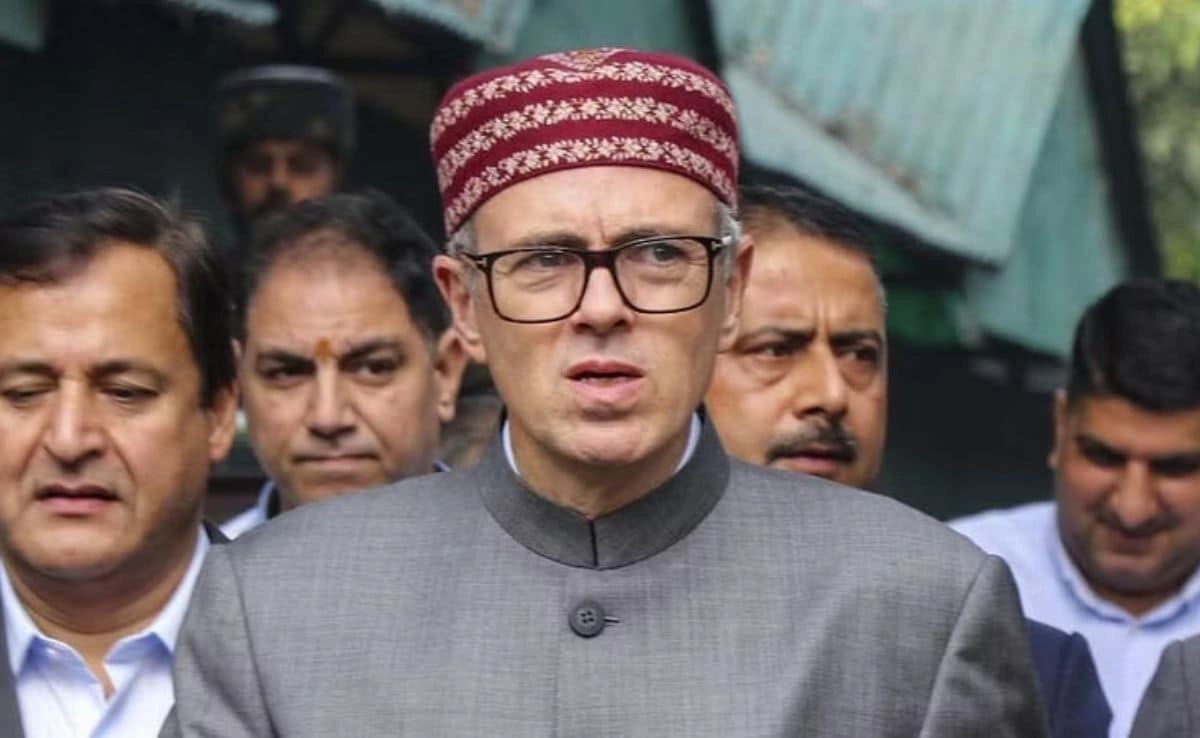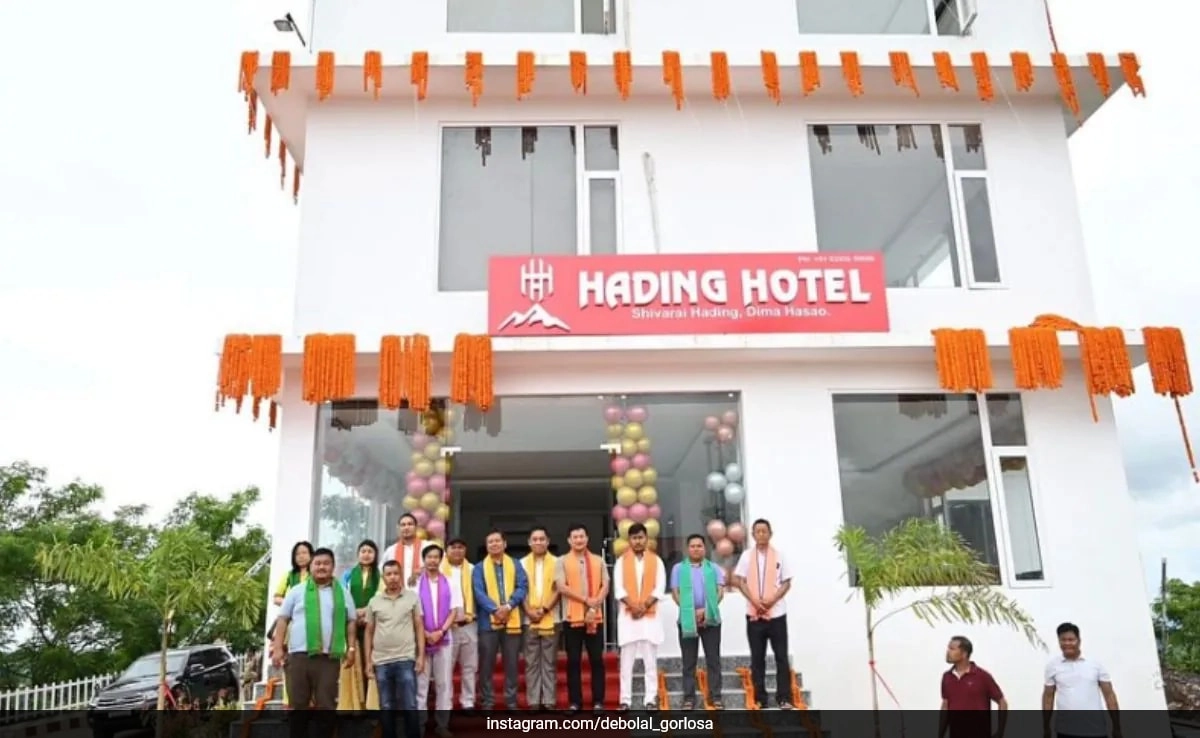The government led by Omar Abdullah has come under significant criticism from within its own ranks, particularly from Srinagar Member of Parliament, Farooq Abdullah. This internal dissent highlights a growing rift in the Jammu and Kashmir National Conference (NC), a political party that has traditionally been associated with the region’s interests. Farooq Abdullah’s remarks point to a sense of dissatisfaction with the governance and the handling of various pressing issues that affect the local populace. The criticism comes at a time when the government is already facing scrutiny over its policies and their efficacy in addressing the needs of the people.
In his statements, Farooq Abdullah has expressed concerns regarding the government’s inability to effectively tackle challenges such as unemployment, the lack of development in rural areas, and the overall governance structure in Jammu and Kashmir. He has emphasized that the current administration must prioritize issues that matter most to the citizens rather than getting bogged down by political maneuvering. His comments reflect a broader sentiment among party members and constituents who feel that the government is not living up to its promises or effectively representing their interests.
The rift within the National Conference raises important questions about the party’s future and its ability to maintain unity in the face of growing discontent. Political analysts believe that such public dissent can weaken the party’s position in upcoming elections, as voters may perceive a lack of cohesion and strong leadership. The situation calls for a strategic reassessment by Omar Abdullah and his government to address the criticisms and restore confidence among party members and the electorate. Without decisive action, the implications of this internal strife could lead to a significant shift in the political landscape of Jammu and Kashmir, impacting not only the National Conference but also the broader dynamics of governance in the region.




